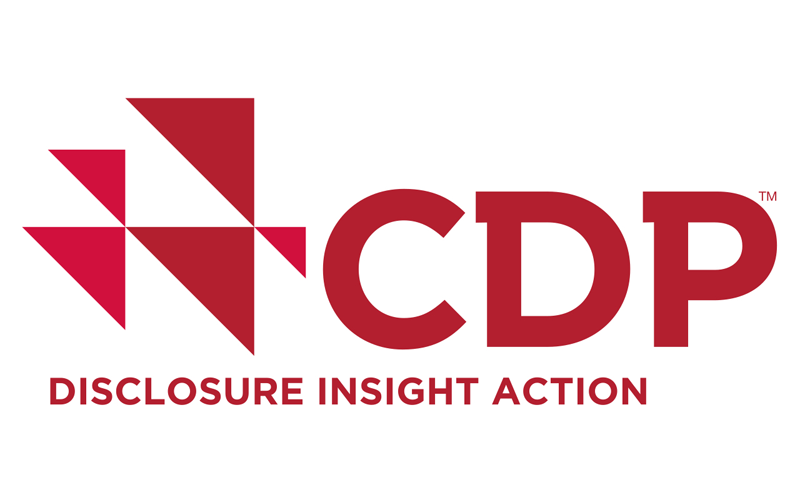- In 2023, 37 companies from Southeast Asia (SEA) reported on their management of deforestation during the previous year.
- Report finds eight companies in the region have eliminated deforestation or conversion from at least one supply chain. 64 companies worldwide have done the same.
SINGAPORE – Media OutReach Newswire – 28 June 2024 – New data from the Accountability Framework initiative (AFi) and CDP shows that achievement of deforestation- and conversion-free supply chains is possible, but still uncommon around the world.
The AFi and CDP examined hundreds of company disclosures and revealed their findings in Time for Transparency. The report provides the first clear and quantitative look at the extent to which major companies have been able to eliminate deforestation from their supply chains.
Based on disclosures made last year through CDP, eight companies in Southeast Asia say they have achieved at least one deforestation and conversion-free commodity supply chain, based on a high-quality disclosure. Those supply chains are two for timber products, five for palm oil, one for soy, and one for cocoa.
Of 37 companies in Southeast Asia that reported on their management of deforestation during the previous year, only 21 companies disclosed information through CDP in response to questions on deforestation and conversion-free supply chains. Of these, 10 companies made a high-quality disclosure, reporting that at least one of their commodity supply chains was less than 90% free from deforestation and conversion.
“We recognise that over half of companies located in Southeast Asia were transparent about the extent to which their supply chains are free from deforestation and conversion,” said Tomasz Sawicki, Head of Land, CDP. “But the analysis shows that the number of disclosures from the region is still low and that that the majority of companies remain far from achieving deforestation- and conversion-free supply chains by 2025, which is the immediate target.”
Globally, 881 companies disclosed, and about half of the companies (445) disclosed on deforestation- and conversion-free progress. However, only 186 companies provided clear and appropriate information to justify their claims. 64 companies worldwide say they have achieved deforestation and conversion free supply chains.
“Companies must eliminate deforestation and conversion from their supply chains to meet near-term climate and nature targets, as well as to comply with emerging laws like the EU Deforestation Regulation,” said Leah Samberg, Lead Scientist, AFi. “These new data demonstrate that companies need to invest in effective monitoring and control systems to address deforestation and conversion associated with their operations and suppliers, however few are doing so.”
A variety of issues undermined the reliability of information companies disclosed, such as reliance on certification programs and risk assessments that cannot guarantee commodities are deforestation-free. Additionally, some disclosures were missing important information on company activities, products, regions, or suppliers.
“Companies need to provide stronger evidence to support claims that their commodity supply chains are free of deforestation and conversion,” Sawicki said.
The report calls on companies that produce or source agricultural or forestry commodities to communicate publicly and to suppliers their intentions to achieve deforestation- and conversion-free supply chains. Importantly, they should consider the impacts of their supply chains on all natural ecosystems, not only forests. To achieve compliance with polices, companies should also monitor and engage their suppliers.
“Making no-deforestation or no-conversion intentions clear through public policies, commitments, and supplier engagement supports disclosure and helps accelerate the transition to responsible production and trade,” Samberg said.
The report concludes that it is imperative that companies not only pledge to deforestation- and conversion-free operations but also take concrete steps towards this goal. Comprehensive responses to disclosure requests, transparent communication of policies, a thorough understanding of certification processes, and a proactive approach to risk assessment are all crucial. By focusing on these areas, companies can make significant strides in preserving natural ecosystems and ensuring the integrity of their supply chains, ultimately contributing to a more sustainable future for all.
The CDP forests questionnaire tracks company performance on eliminating deforestation from agricultural and forestry supply chains. A record-breaking 1,152 companies disclosed through it in 2023. It was the first-year companies disclosed on deforestation- and conversion-free supply chains in a standardised format using indicators developed in partnership with the Accountability Framework initiative.
The Global Forests Report 2024, titled “Time for Transparency: Deforestation-and Conversion-Free Supply Chains,” is available in both English and Bahasa Indonesia.
About CDP
CDP is a global non-profit that runs the world’s environmental disclosure system for companies, cities, states, and regions. Founded in 2000 and working with over 700 financial institutions representing more than US$142 trillion in assets. CDP pioneered using capital markets and corporate procurement to motivate companies to disclose their environmental impacts, and to reduce greenhouse gas emissions, safeguard water resources and protect forests.
Over 24,000 organizations around the world disclosed data through CDP in 2023, including more than 23,000 companies worth two thirds global market capitalization, and over 1,100 cities, states, and regions. Fully TCFD aligned, CDP holds the largest environmental database in the world, and CDP scores are widely used to drive investment and procurement decisions towards a zero carbon, sustainable and resilient economy.
About the AFi
The Accountability Framework initiative (AFi) is a collaborative programme to protect forests, other natural ecosystems, and human rights by making ethical production and trade the new normal. To achieve this critical transformation, the AFi promotes and supports implementation of the Accountability Framework, a detailed roadmap for setting goals, taking action, and reporting progress towards ethical supply chains. The initiative is led by the AFi Coalition: a diverse group of 24 environmental and human rights organisations from around the world that developed the Accountability Framework and work to drive positive impact in the agriculture and forestry sectors.


















